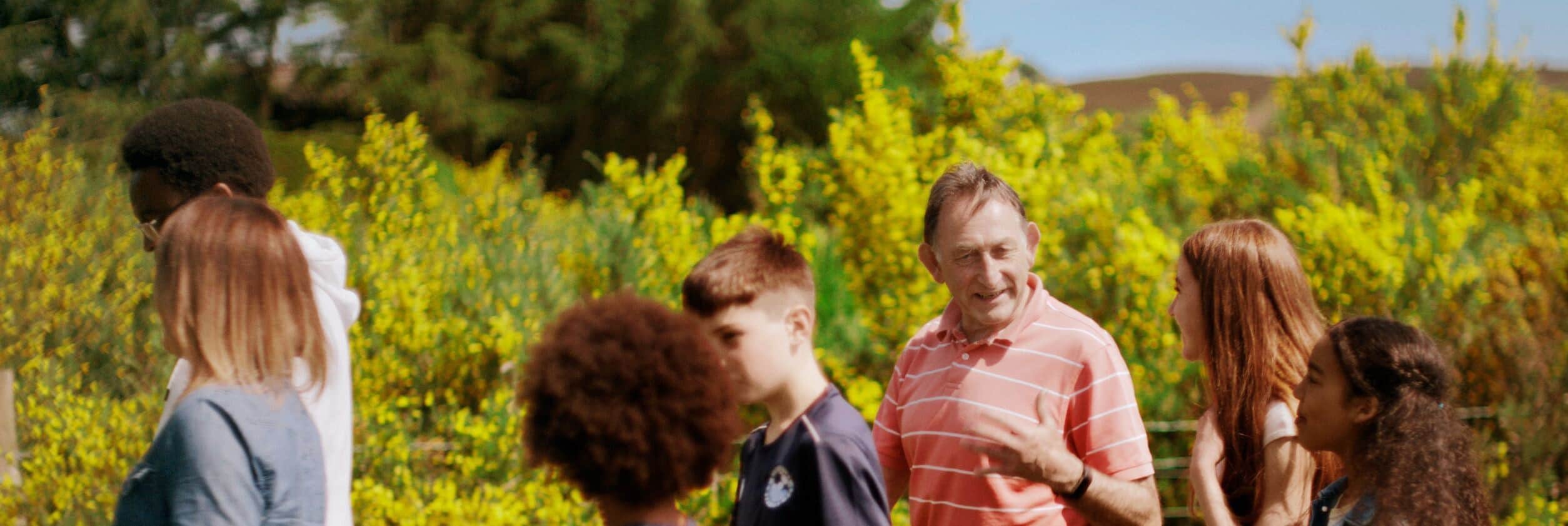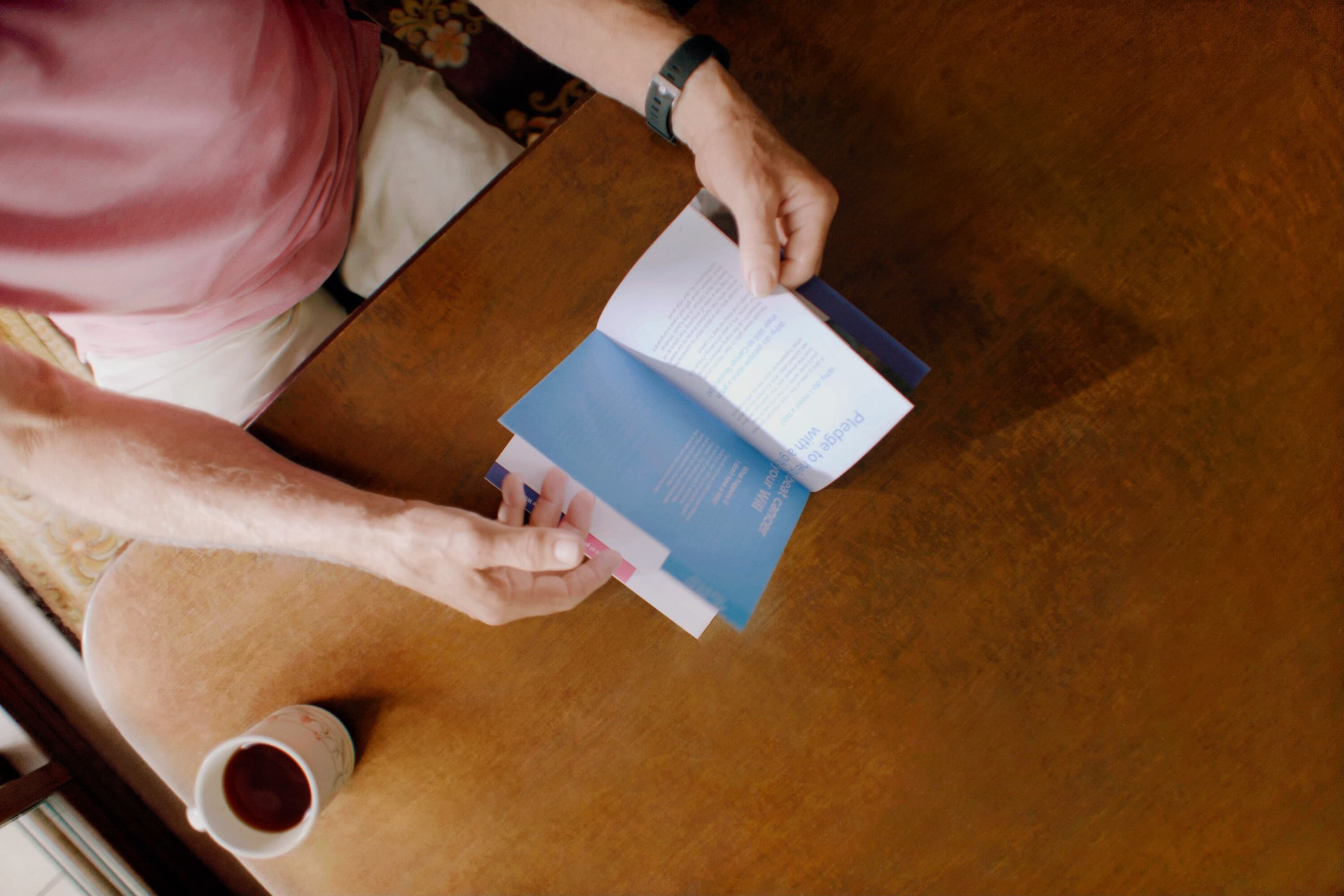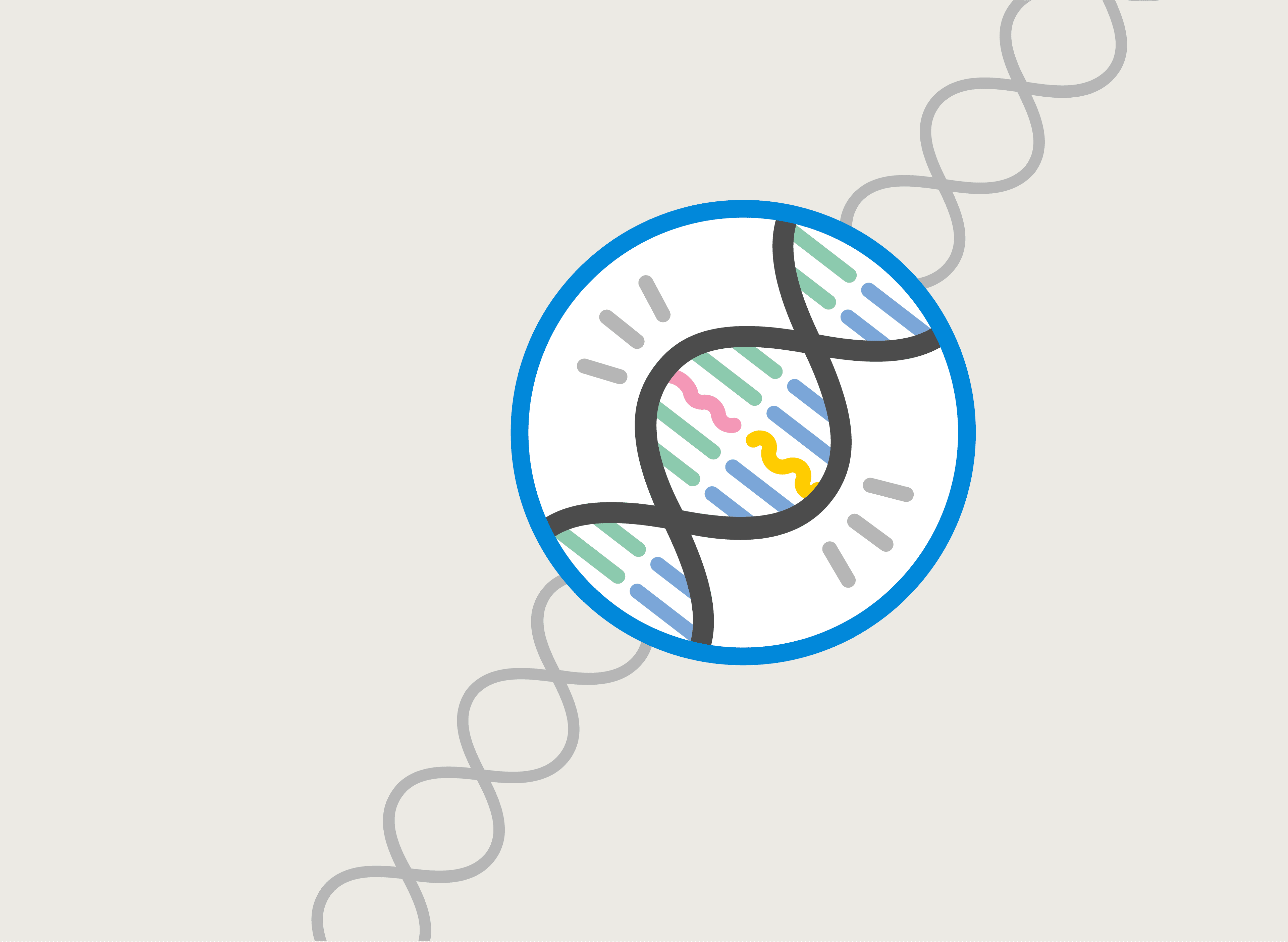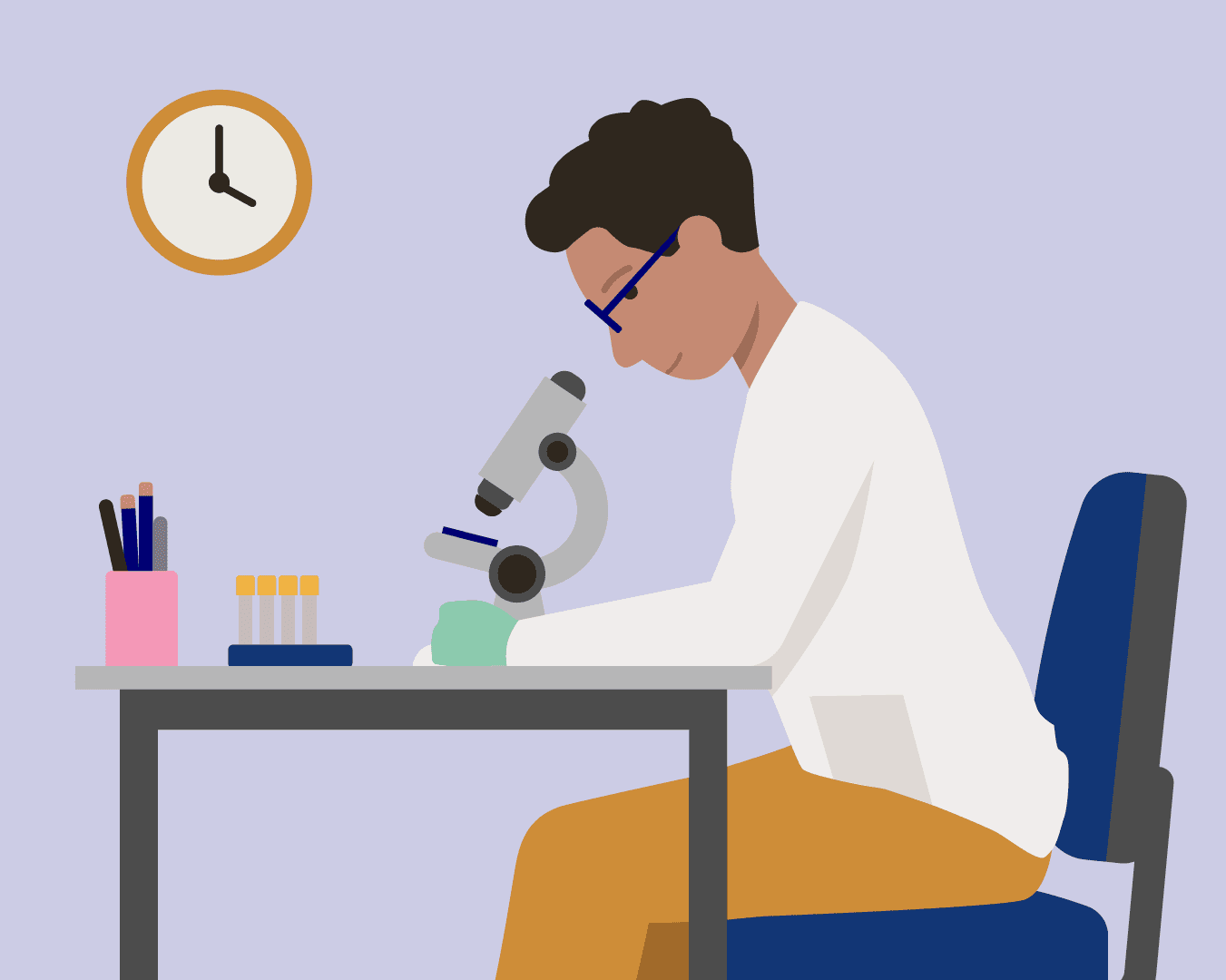
Gifts in Wills have helped us to double cancer survival rates in the UK but 1 in 2 people will get cancer in their lifetime.
By pledging a gift in your Will, like Jo, you’ll help us find new ways to outsmart cancer.Our free guide contains all the information you'll need to write or update your Will. Request a guide below to find out more.
Get your free guide
Writing a Will can feel like a huge task, but our guide contains all the information you need to take the first step in writing your Will or updating an existing one. Request a guide to receive both a physical and digital copy to find out:
How to write or update your Will
What gifts in Wills have helped us achieve
The different types of gifts you can pledge in your Will
How CRUK can support you in writing your Will
If you have any questions on requesting your guide and would like any further information, our team will be happy to help. Contact us on: 0800 035 6000

Could fund Professor Awen Gallimore’s research, helping the immune system to destroy cancer cells, for one day.

Could fund one week of our Add Aspirin clinical trial into stopping cancer coming back after treatment.

Could buy an incubator to keep cell samples warm so we can study how they would behave in the body.
- Brian Sutton, Partner at James & George Collie Law Firm
A Will makes it much easier for your family and friends to take care of your estate and be sure they’re acting on your wishes. Without a Will, the process can be difficult, stressful and time-consuming.
If you’ve got a Will, it can help reduce the amount of inheritance tax that needs to be paid on your estate.
If you and your partner aren’t married or in a civil partnership, you don’t have the same automatic rights as those who are married. You can make sure your partner’s looked after by naming them in your Will.
Get your Gifts In Wills GuideOver a third of our work is funded by Gifts in Wills. Work that has helped save over a million lives since the mid 1980's.
Our Gifts in Wills guide contains all the information you'll need to write a new Will or amend an existing one. If you still have questions, we have a dedicated team of local Legacy Relationship Managers who you can reach over phone or email.